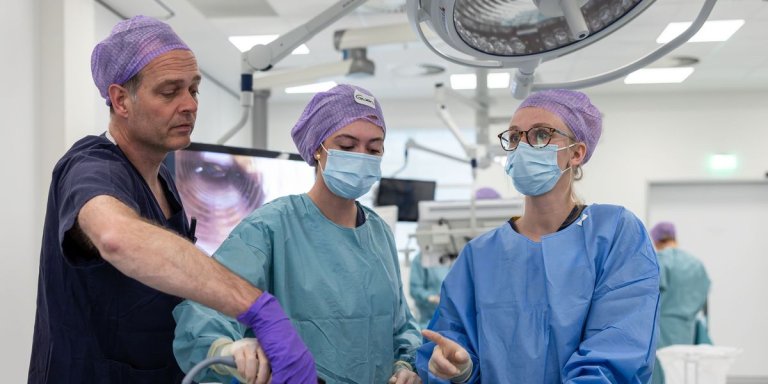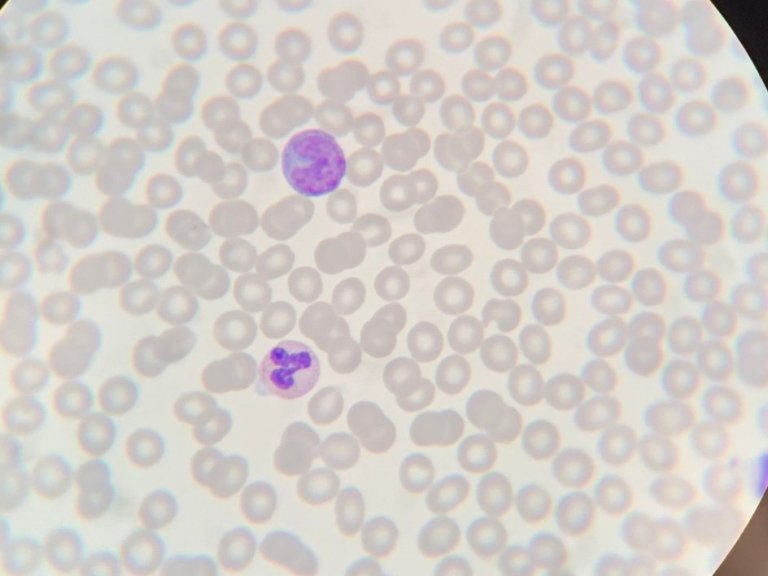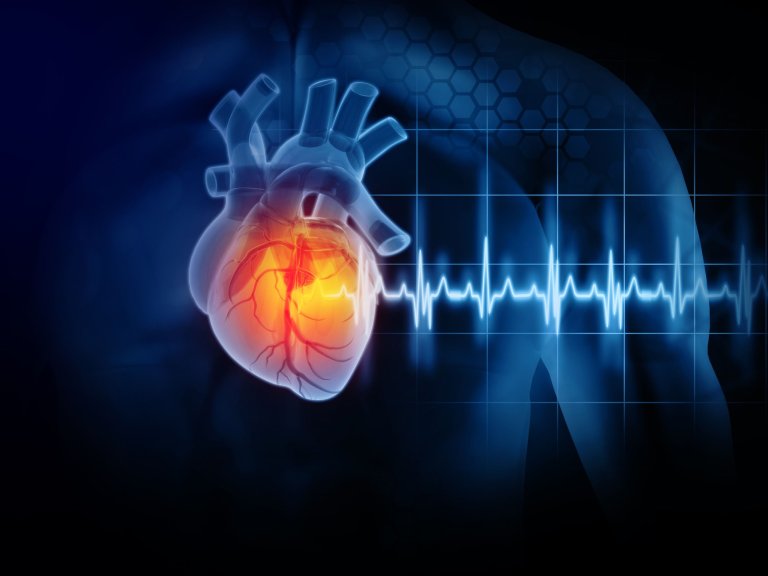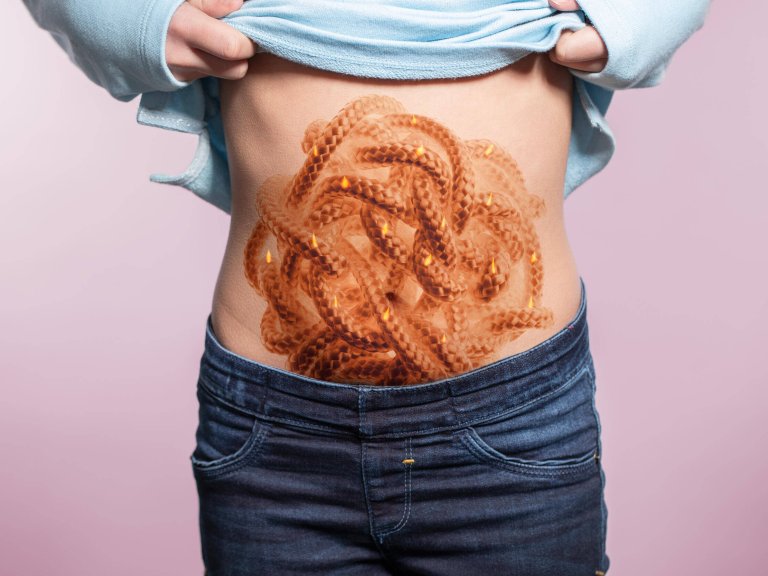The ASC was opened in February 2019, at Amsterdam UMC's AMC location. "The idea behind this centre came from my conviction that the journey from basic doctor
to surgeons is good, but also takes a very long time," says Bonjer. "This should be more efficient when the surgeons in training are not trained on the shop floor, as journeymen with a master, but also in a centre where no real patients end up on the tables, but bodies that have been donated to science, and also with a good dose of virtual reality. After all, athletes don't train during the race, but before," says Bonjer.
During a tour, Jan de Wolde, financial director of this facility, explains: "When training is done on a body donated to science, which is the case with about 70 percent of the exercises in the ASC, almost everything goes like a real operation. Of course, the only thing that is missing in our operating theatres is the anaesthesia, because we never practise on live animals either."
Bells and whistles
In the two largest rooms in the complex, there are six operating tables per room, including almost all bells, whistles, monitors and cameras, so that you can not only practice the surgical techniques, but also stream them live to teachers or doctors, in the next room or anywhere in the world. "We can also bring different imaging techniques to the table here, so that we can literally follow the techniques from all sides," says De Wolde.

In another operating room of the ASC, 4 tables are set up with as many large, many-armed and futuristic robots next to them. "The Da Vinci surgical robot," explains De Wolde. "For all these expensive machines, our centre has never paid a single penny," says Bonjer. "They are all made available by the manufacturers." Both directors dispute that they are 'only stimulating very expensive, high-tech surgical techniques' at the centre. "On the contrary," says de Wolde, "the robots are only used for surgical techniques where they also have added value in practice, such as gynaecological and urological procedures and increasingly now also in other abdominal operations. The majority of neurosurgical, plastic, orthopaedic, trauma and vascular surgery cannot be performed with this robot. So, we or the manufacturer do not determine whether a robot is used, it is determined by type of intervention. Otherwise, health insurers wouldn't encourage robots to be used in healthcare where possible, would they?"
Dentists in training can also practice their 'drilling skills' in the ASC. They can even do this on a completely virtual set of teeth, which are projected onto a small monitor in front of the dentist's face based on scans of real teeth. The real drill that the dentist then holds in his hand also provides real resistance when it is inserted into the hole of the virtual molar.
"We are now celebrating the fifth anniversary of this centre," says De Wolde, not without pride. "I think that these kinds of virtual techniques will become much more popular. Not only during training, but also in the real operating theatre. A time will come when a surgeon sends his scalpel, just like in a car, with a kind of route planner towards the target, after the imaging technique has first mapped out all the blood vessels and nerves that need to be avoided. And then it's only right that such techniques can first be practiced safely in an environment without any chance of complications."
Investing in training
The ASC is a separate company owned by Amsterdam UMC. Of the seven thousand students the centre received in 2023, two-thirds came from abroad. "That's not just from Europe, but literally from all over the world," says Bonjer. "The surgeons in training from Amsterdam UMC also train here, and we also receive physician assistants in training from other UMCs."
After a somewhat false start due to corona, the centre was already in the black in 2022, says financial director De Wolde. "Of course, the private limited company Amsterdam Skills Center is a non-profit organisation, so we also invest the money we earn here in the training courses."
International training courses
In some cases, the (foreign) trainees are invited by the manufacturers of surgical robots, who want to train the buyers in the use of their new machines, or else convince potential buyers. "The ASC is certainly not the only centre that offers training facilities," Professor of Surgery Bonjer acknowledges. "But partly because of its proximity to Schiphol, we do think that the ASC is one of the best places in Europe to organize this kind of training."
'Masters' or 'journeymen' do not always have to be physically present at the ASC during an exercise operation, says Bonjer. "Sometimes we have 'double control', as in a training car during the interventions. But in other cases, people can just as easily watch or give instructions from the other side of the world."




